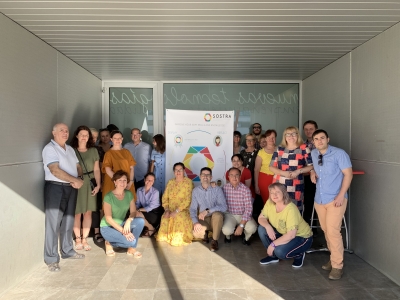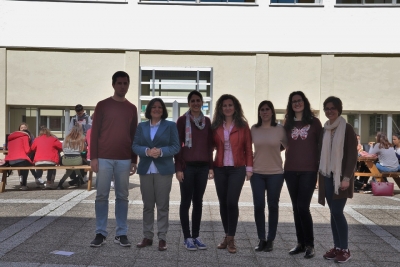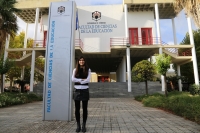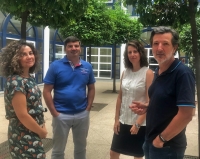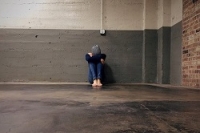SOSTRA PROJECT| A system is created to accredit skills in the field of adult education
Escrito por UCC+iThe SOSTRA Project created a digital learning process based on badges that accredit the skills that those working in adult education should have
BOOST PROJECT | Teaching Methodology Designed to Promote Emotional and Social Skills at School
Escrito por UCC+iThe BOOST project is working on a European social and emotional learning program aimed at training Primary Education teachers
In pursuit of the mechanisms that explain anxiety
Escrito por UCC+iA University of Cordoba researcher analyzed how metacognitive beliefs and emotional dysregulation determine symptoms of Generalized Anxiety Disorder (GAD)
Competitive people are more prone to drug consumption
Escrito por UCC+IA Psychology research team at the University of Cordoba studied how personality influences substance abuse among young people
Three University of Cordoba researchers have developed an instrument that reveals adolescence to be a stage of considerable well-being, disproving the myth that it is a period of angst and insecurities
Being a teenager is compatible with feeling good and being satisfied within the context in which one lives and with one’s personal relationships. It could be said that adolescence is a stage at which happiness levels are high and, generally speaking, individuals feel good. These statements sound strange since adolescence is usually associated with facing several risks and insecurities, and during which teens feel like “the whole world is against them” and they commonly complain that “no one understands them.”
The proven effectiveness of an educational program that reduces cyberbullying among adolescents
Escrito por UCC+i
The Universities of Cordoba, Jaen and Seville have developed and assessed the program called “Asegúrate” [Take care of yourself] designed to modify negative online behavior, and have proven that it reduces bullying by close to 20%.
Misinformation and lack of supervision when using the internet and social media is leading to an increase in cyberbullying among teens. In addition, there are the phenomena of addictive behavior and sexting (sending messages with erotic or sexual content via mobile phones or social networks). Correcting this kind of behavior is what concerns teachers and the scientific community, who are intent on finding the best way to put a stop to it.


